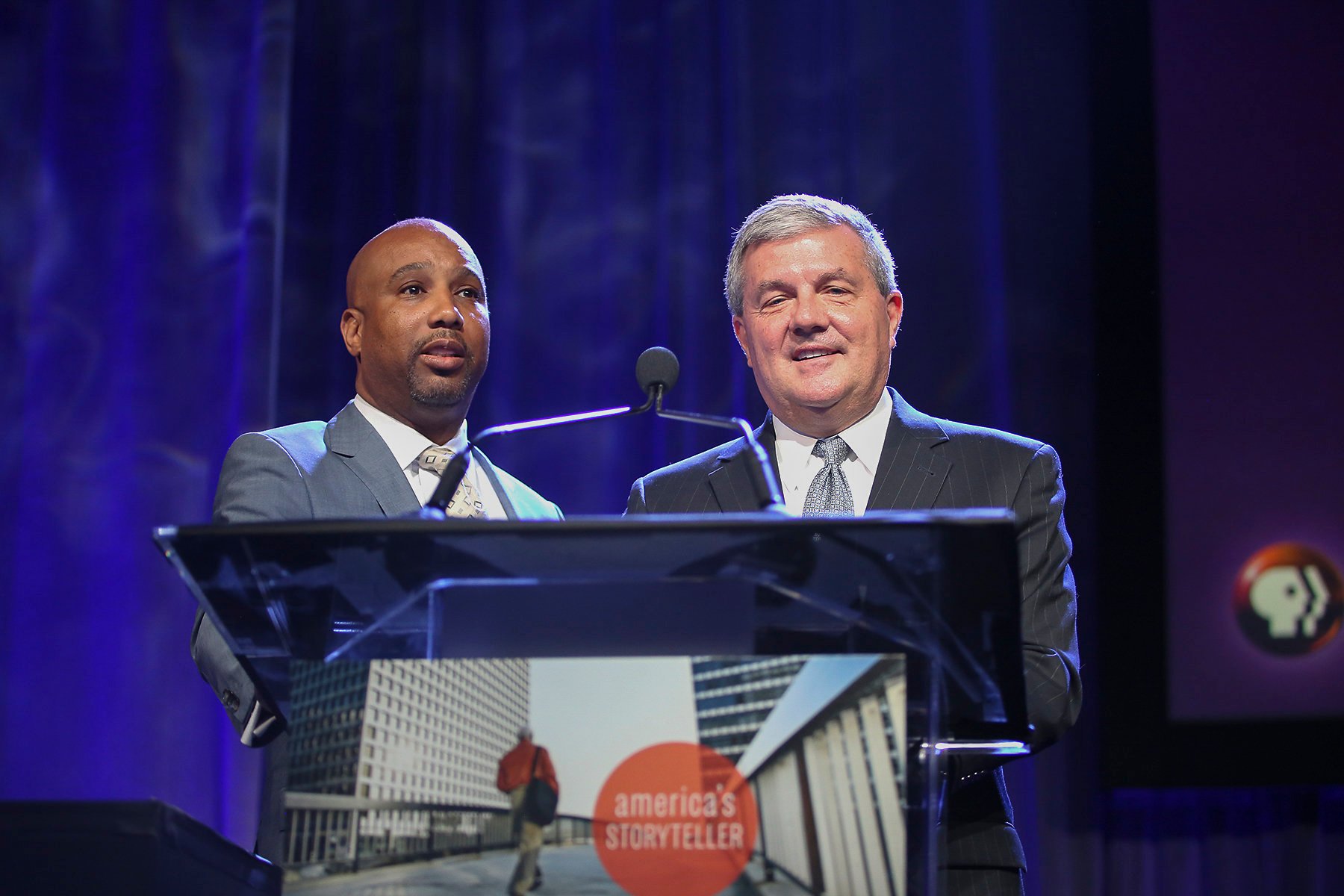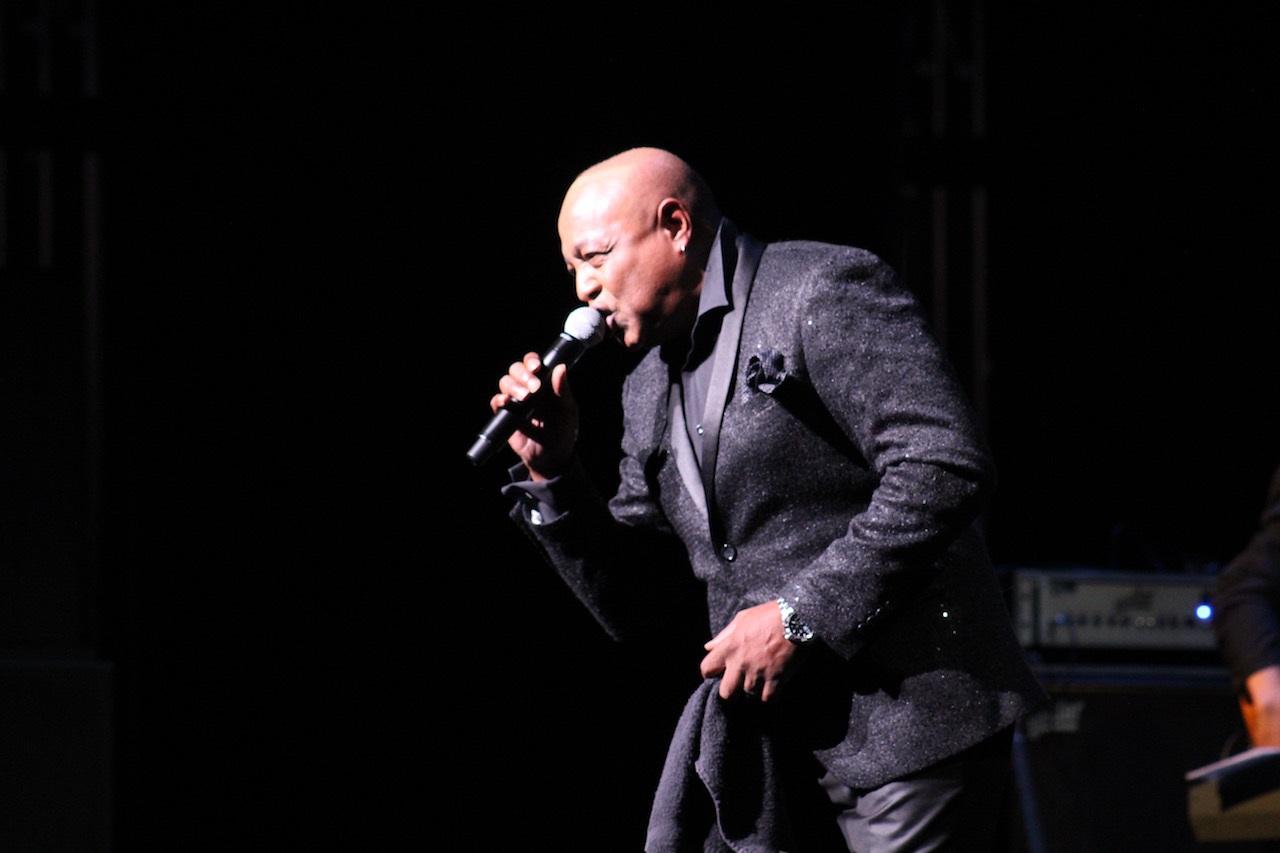System/Policy
Special coverage: Diversity in public media
An in-depth look at local and national efforts to diversify public media’s workforce, content and audience.A letter from our executive director
What are you doing to ensure that your station or organization reaches into diverse communities?Focus on sources’ race won’t be enough to close public radio’s diversity deficit
“If we in public radio are to live up to the ‘public’ part of our mission, we’ll have to change more than ...Wanted: More career paths into leadership
Managers and executives of color say the diversity deficit within top ranks is hindering public media’s progress.Drive for diversity demands courage, commitment
“This is about more than just the bottom line,” says CPB’s Joseph Tovares.KPLU crowdsources search for new call letters
But Public McRadioface isn’t in the cards.Texas station turns Pokémon Go gamers into PBS visitors
Free PBS water bottles and PBS PokeStop pins went to the first five people to show up.PBS lays off six staffers, offers voluntary retirement packages
The layoffs are in the digital and marketing department.Format shake-up proves effective for Atlanta’s WCLK
A move toward more consistent jazz programming drew a backlash but brought in new listeners.NPR, stations see progress in collaborative news coverage
But a new report also points out shortcomings in the two-year-old effort to strengthen joint reporting.West Virginia Public Broadcasting joins stations airing flood-relief telethon
After scrambling to provide broadcast and online news coverage of the flood, the network is participating in a telethon benefiting Red Cross ...Community group reaches deal on KPLU independence
The group raised another $1 million after reaching its initial goal in May.Pacifica Radio Archives director resigns after pay cut
Staffing cuts are putting support for the archives at risk.Seven ways public media can attract a more diverse workforce
Panelists at the Public Radio News Directors Inc. conference shared tips on recruiting and retaining people of color.Illinois public TV network reduces airtime to save money
The network recently lost a foundation donor and a production contract, which totaled about 17 percent of the annual budget.











